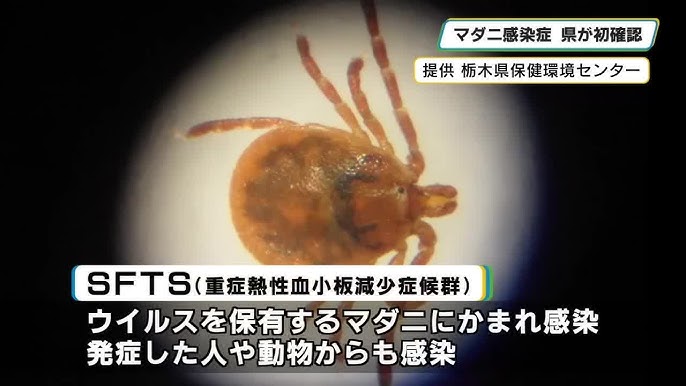The incidence of severe fever with thrombocytopenia syndrome (SFTS), a serious infectious disease transmitted by ticks, is reaching record levels in Japan. Health officials have reported an unprecedented rise in cases of SFTS during this tick season. The disease, which has symptoms including fever, nausea, and diarrhea, can be life-threatening, particularly in the elderly population. The authorities seek to raise public awareness and encourage preventive methods against ticks and tick-borne diseases.
In Japan, public health issues like SFTS are taken very seriously. Regular updates by health authorities and widespread media coverage reflect the society’s commitment to address such outbreaks. The country's robust healthcare system, combined with its culture emphasizing respect for the elderly, also mobilizes resources towards the most vulnerable population.
Like the US and EU, Japan has a strong public health initiative designed to control and prevent infectious diseases, including those borne by ticks. However, cultural differences may see Japan placing a higher societal emphasis on preventative measures and community awareness compared to western nations where individual responsibility is highlighted.

